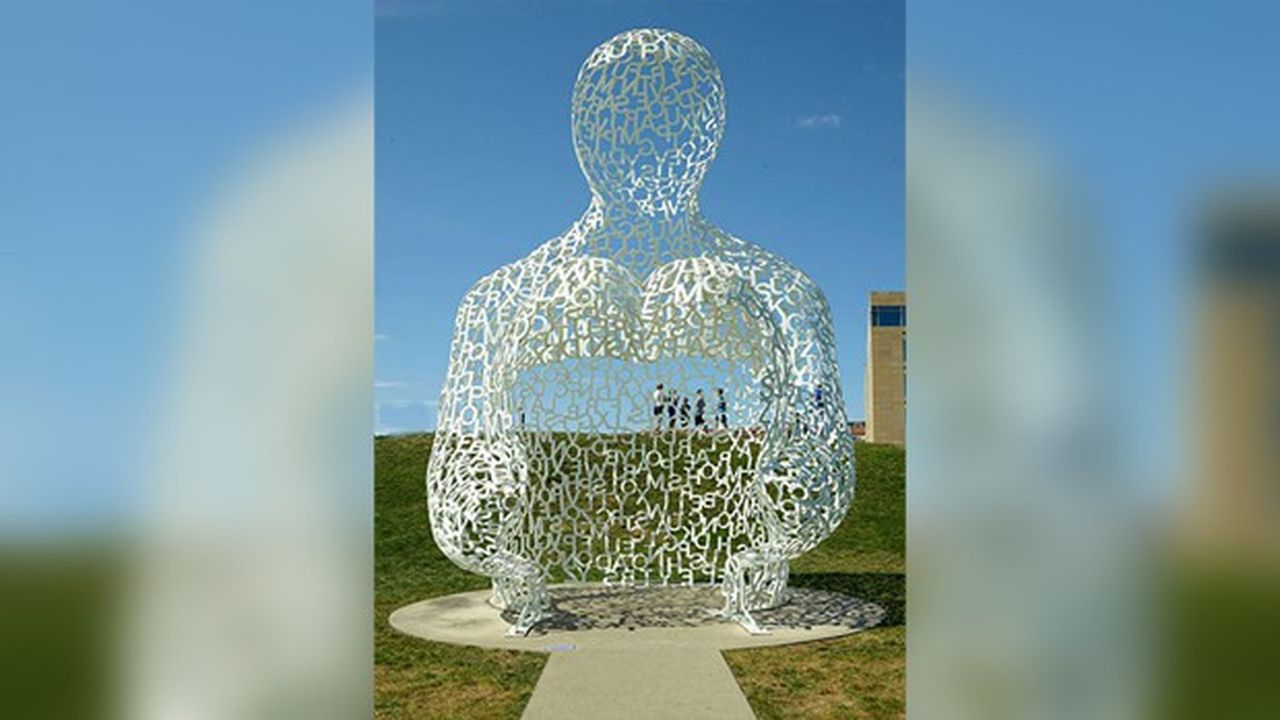
By Charles Antoine (Researcher at the Laboratory of Theoretical Physics of Condensed Matter and lecturer at the Pierre and Marie Curie University)
When in 1957 the Soviet Union managed to put Sputnik, the first artificial satellite in history, into orbit, it was not just another technological feat in the Cold War. It was the first symbolic victory of human beings against a seemingly insurmountable natural force: Earth’s gravity. A technological triumph that would not only mark minds and history, but that, above all, would transform space into a new, almost infinite terrain of exploration.
Almost 70 years later, the parallel with the second quantum revolution is striking. Decoherence would be for quantum information what gravity was for Sputnik. An invisible obstacle whose overcoming would allow new horizons to be opened towards the unknown…







